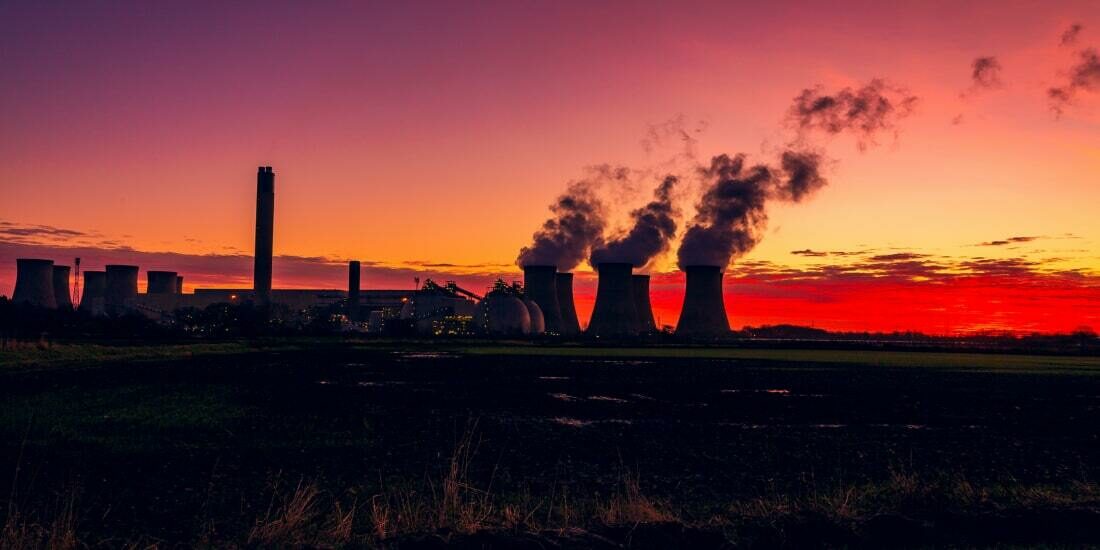New Net Zero Plan Raises Eyebrows

Following on from the unlawful ruling of the UK Government’s Net Zero Strategy last year by the High Court, the new plan has come under fire from critics. Expert and environmental groups alike aren’t pleased with the new plan to reach net zero, which includes storage of carbon dioxide underneath the North Sea.
The legally binding target of reducing carbon emissions needs to be done in stages for gradual reductions to be achieved. In the long term, these plans will reduce household energy bills. Although ministers are keen to back the new strategy and point out its benefits, experts don’t believe it is going to make a difference.
Dr Chris Jones from the University of Manchester believes the measures will only reduce the UK’s standing on the world stage as leaders in fighting climate change. The main issue is the over-reliance on carbon capture, which is unproven and expensive at scale. Although the new net zero plan is banking on a reduction of carbon emissions by 50% using this technology, green groups are worried that this will become an excuse to continue using fossil fuels.
Some experts are baffled by the push for carbon capture instead of clearing all obstacles for renewable systems. Onshore wind farms have been banned for many years under the Conservatives and it doesn’t look like they’ll be available anytime soon. Rather than spending more on renewable systems and energy storage, which would help when renewables can’t generate energy, a lot of money is being diverted into carbon capture.
Climate defenders have questioned the drive to store carbon because it acts as an excuse to continue the burning of fossil fuels. Additional emissions would then be perceived to be removed from the use of carbon capture, which goes against the actions needed to achieve net zero.
Another absentee from the new plan is an increase in the funding for insulation. Widely agreed as one of the easiest ways to reduce household bills and cut emissions, the funding needs to be widely available to help the poorest insulated homes to get up to standard. Home heating is responsible for around 14% of the UK’s emissions, and insulation can easily bring this figure down. Despite the ECO+ scheme coming into effect this month, the funding available for insulation is a drop in the ocean for the millions of households that are poorly insulated, only being able to help a few hundred thousand at most.
While the government is looking at ways of reducing electricity prices, no announcements have come. One of the measures being looked at is applying the green levy from electricity onto gas instead, as electricity is the greener form of energy and can be produced renewably. As well as this, plans to extend the grant available for heat pumps is being considered, along with a campaign to help increase uptake. The £5,000 grant has been around for a few years, but households have either been put off by high prices or won’t benefit from the system because of poor insulation. At any rate, the announcements for net zero have been met with scepticism and irritation.
